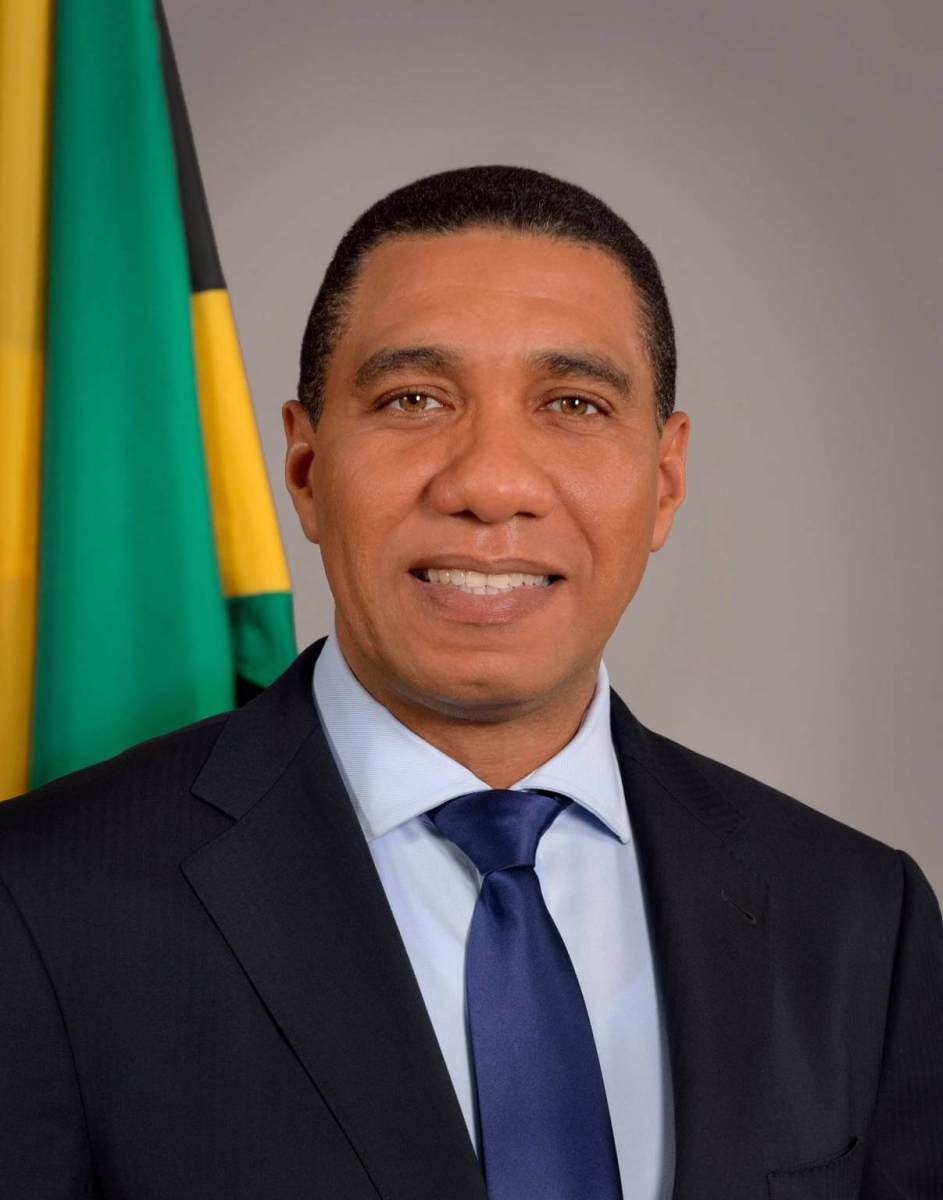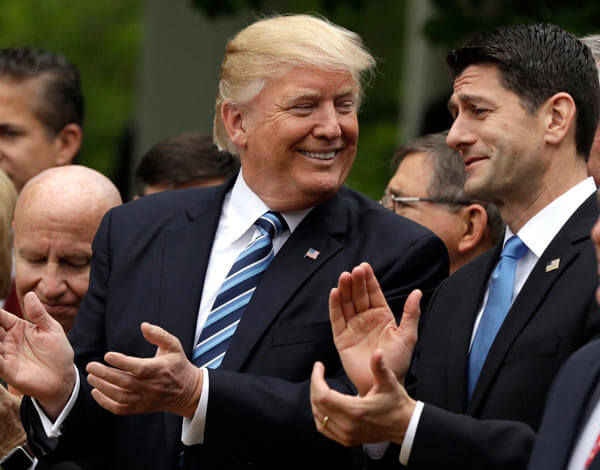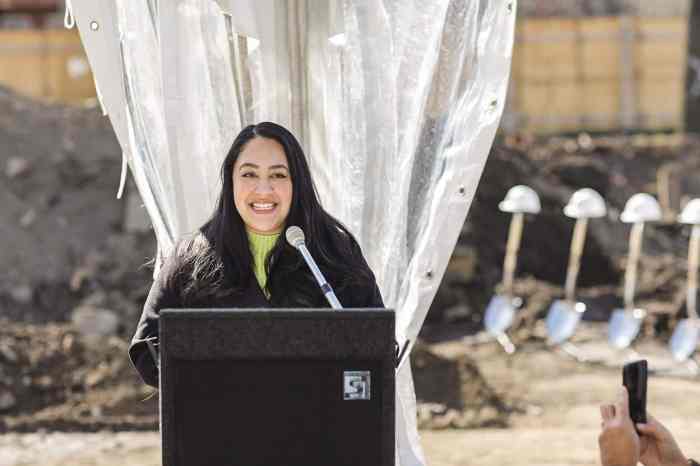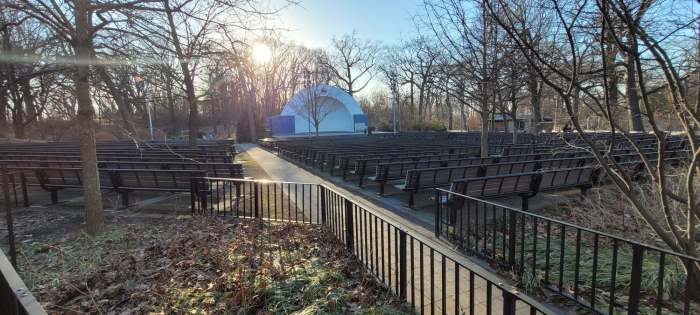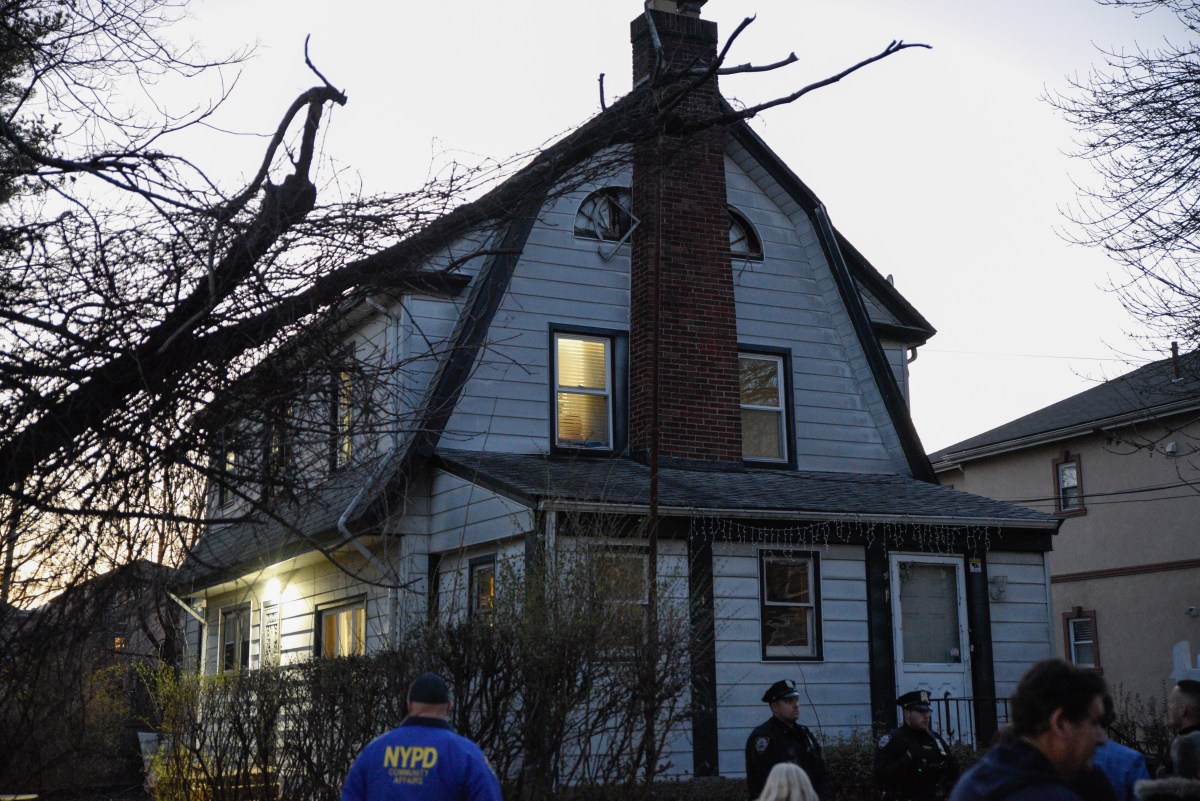The Jamaican cabinet and the law enforcement system are planning to enlist federal and state agencies in the United States to help them better monitor people shipping items back home because way too many high-powered weapons and handguns are being smuggled into the island as regular commercial cargo.
This is the latest idea engaging Jamaican officials as they brainstorm new ways of crimping violent crime on the island. So concerned are officials that Prime Minister Andrew Holness last week announced state of emergency impositions for seven parishes including those in the capital and in the lifeline tourist areas such as St. James and others in the north and west.
He unveiled the new ideas to invoke the help of federal authorities in the U.S. at a governing party forum at the weekend, pulling no punches that the significant spike in crime is on the minds of those in power and office at the moment. He said that Jamaican criminals who have left the island and now live mostly in the U.S. still have enormous influence back home and some were functioning as the intellectual authors of violent crime back home.
“We are going to ensure that they can no longer stay in another country and direct crime here. There are several loopholes in our system, which we will be closing. We have been engaging with our U.S. counterparts in discussions on further measures that could be taken to stem the flow of illegal guns into Jamaica,” said a frustrated prime minister.
The latest cabinet position comes as authorities are battling to keep violent crime down in some key parishes including the capital and the northern and western lifeline tourism districts.
For the year so far, 1,360 people have been killed. Enforcement officials and the governing Jamaica Labor Party (JLP) fear that the 2021 figure of 1,463 could be easily surpassed if curbs are not imposed on gangs and are not imposed immediately.
The plan, the prime minister said, is for local authorities to demand greater personal identification of people shipping parcels, commercial barrels and other cargo to Jamaica from the U.S. and for the feds to keep a closer eye on those identified as Jamaican area dons living in U.S. cities.
“I have put to our U.S. friends the need to require greater identification for persons sending packages to Jamaica from the U.S. We will also be opening discussions with our U.S .friends to have special operations to target Jamaican dons overseas who are using their resources and influence to solicit and direct murders here in Jamaica. Instead of sending back computers and assisting with school fees, they are sending guns and bullets to encourage you to kill your brothers and sisters. They mean us no good, they must be arrested and locked away for good. We will put a stop to this,” he said.
Worried that there will be a violent crime surge in the lead up to the Christmas holidays, Holness said more enforcement officers and troops will be on the ground in the parishes under emergency rule even as he appealed to the main opposition People’s National Party (PNP) to support the emergency measures in parliament.
Jamaica’s crime woes are the topic for discussion even as officials in fellow Caribbean Community nations, Trinidad, Barbados and The Bahamas, are complaining about uncomfortable spikes in violent crimes, mostly involving the use of high powered weapons and handguns they believed are being smuggled in from North and South America.
For Trinidad, the twin-island federation with Tobago appears to be on course for a record number of murders this year with nearly 530 so far. This puts the nation on course to match the 2008 figure of 550. Police are already saying that the 2019 figure of 539 killings will be easily surpassed. Like Trinidad, officers are blaming gang violence and rivalries and the smuggling of guns from nearby Venezuela.
In The Bahamas, police have recorded 103 murders for the year so far or about a six percent increase over least year.


